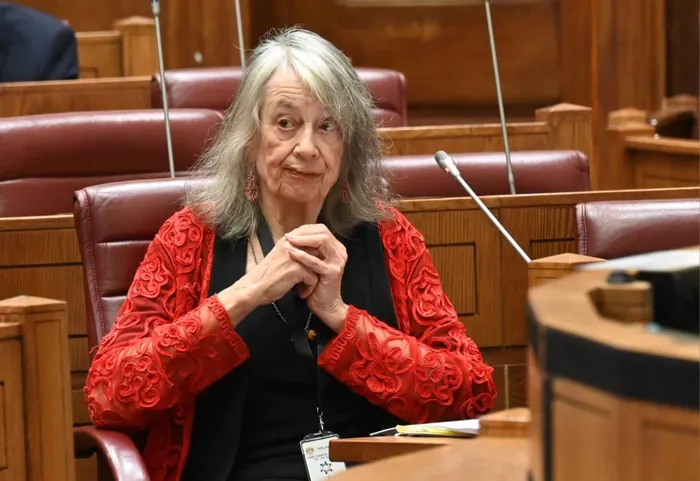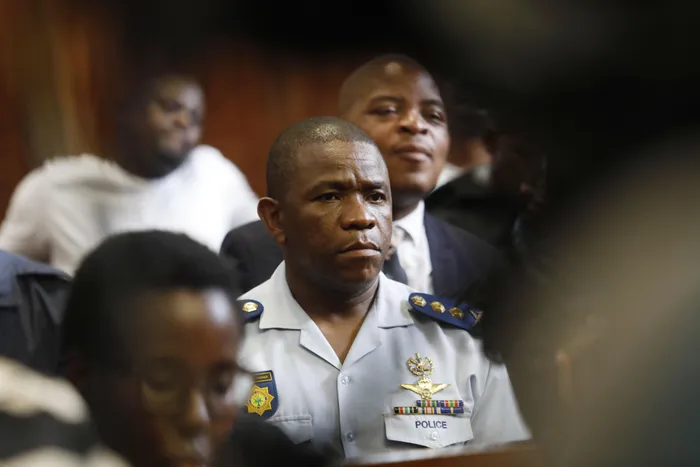Dr Mary de Haas defies inquiry pressure to reveal sources in corruption probe
OPERATIONAL MISCONDUCT

Professor Mary de Haas testifies before a parliamentary inquiry investigating allegations of corruption and political interference within South Africa's criminal justice system.
Image: X
In a tense session on Tuesday, renowned researcher and violence monitor Dr Mary de Haas stood firm against mounting pressure to disclose the identities of her sources while testifying at a parliamentary inquiry investigating allegations of corruption and political interference within South Africa's criminal justice system. The inquiry was primarily initiated following explosive claims made by KwaZulu-Natal police commissioner Nhlanhla Mkhwanazi during a press conference on July 6, which accused former Police Minister Senzo Mchunu of issuing contentious directives that adversely affected policing strategies in the province.
Dr de Haas's testimony underscores her commitment to protecting her sources amid rising fears of retaliation, particularly in a landscape marred by political violence. She testified that her research was based on information collected through a network of contacts, police insights, and media reports, as well as firsthand accounts from citizens who have experienced threats and violence. However, when questioned by Chief Evidence Leader Advocate Norman Arendse about whether she could name the officer who contacted Mchunu, de Haas firmly declined, citing ethical obligations and the potential risk to her sources’ safety. “It is an ethical thing. I can’t mention the names of people,” she asserted.

Explosive claims made by KwaZulu-Natal police commissioner Nhlanhla Mkhwanazi during a press conference on July 6 led to the establishment of the parliamentary inquiry.
Image: Doctor Ngcobo/Independent Newspapers
This resolute response sparked discontent among members of the inquiry, with MK Party MP David Skosana expressing disappointment, likening her refusal to disclose names of informants to gossiping. “It is disappointing that a witness is not prepared and makes clear she is not going to tell us the names,” she lamented. Her colleague Vusi Shongwe echoed these sentiments, stating that “nameless information can't assist us anyhow,” further complicating the inquiry’s efforts to validate de Haas's claims.
Amidst the heated exchanges, ANC MP Xola Nqola raised concerns about the reliance on secondary sources in de Haas's testimony. He questioned the integrity of the evidence being presented, asking how the inquiry could ascertain its truthfulness if the source details remained concealed. De Haas maintained her position, stating that revealing her sources could place them in peril. “I have given the people my word that I will not reveal them,” she said, reinforcing her dedication to protect those who shared their experiences with her.
In her opening statements, de Haas also underscored past incidents involving former police minister Bheki Cele, alleging his undue influence over the disbanded Political Killings Task Team (PKTT). She detailed troubling allegations of operational misconduct, including the illegal seizure of cellphones without warrants and instances of torture, which have sparked concerns regarding ethical breaches within law enforcement. “There was emotional and physical abuse. The use of tubing… a lot of police are using it,” she disclosed, pushing for urgent disbandment of the PKTT to prevent further abuses.
IOS